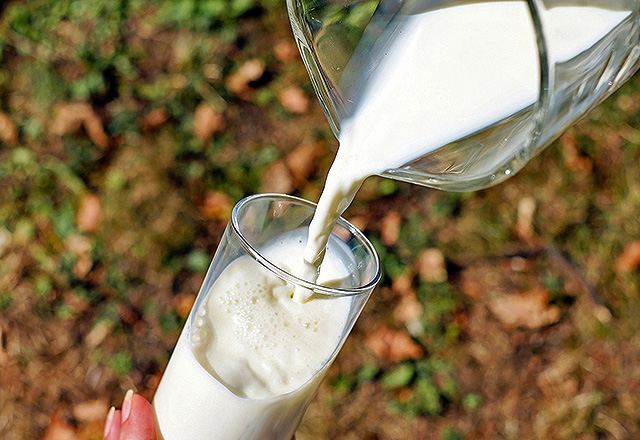Recovery from an activity is multifactorial, involving the uptake of fluid to the blood and muscles, glycogen resynthesis in the muscle and the liver, and protein synthesis from the muscle damage that occurs during high-intensity exercise. The idea of using milk as a rehydration solution is that in addition to replacing the lost fluid, it may also help to fulfil the protein and carbohydrate needs of an athlete post-exercise.
Most of the studies that looked at including protein in a post-exercise carbohydrate solution found no negative effect on the rehydration of the athlete after exercise.
A research paper by James et al. (2013) demonstrated that athletes had better fluid retention after a carbohydrate-milk protein solution than a carbohydrate-alone solution. This paper looked at whey protein isolate alone as a rehydration drink, and found that adding 20g/L of WPI to mineral water neither enhances nor inhibits rehydration, given that the individual replaces 150% of fluid losses post-exercise, which is the current guideline for optimum rehydration.
 drinking milk for rehydration
drinking milk for rehydrationIt is probably safe to say that including some form of protein in a recovery drink will not negatively influence rehydration. Therefore, using a milk drink for rehydration is may also help to fulfil the protein and carbohydrate needs of an athlete.
The other things to consider is the palatability of the added protein, and the mouth feel you get with milk consumption, which may be undesirable when you have just finished exercising.
References
- Ref: James LJ, Mattin L, Aldiss P, Adebishi R, Hobson RM. (2014) Effect of whey protein isolate on rehydration after exercise. Amino Acids. 2014 Feb 6. [Epub ahead of print]
Related Pages
- Hydration for athletes
- Post-Exercise Nutrition — articles on recovery after exercise
- Sweets for Recovery — are they any good for recovery after exercise
- Simple Steps to Optimizing Post-Workout Nutrition


 Current Events
Current Events